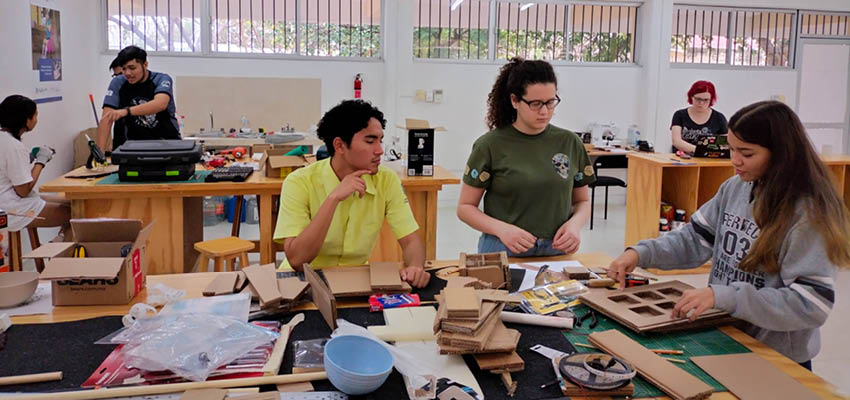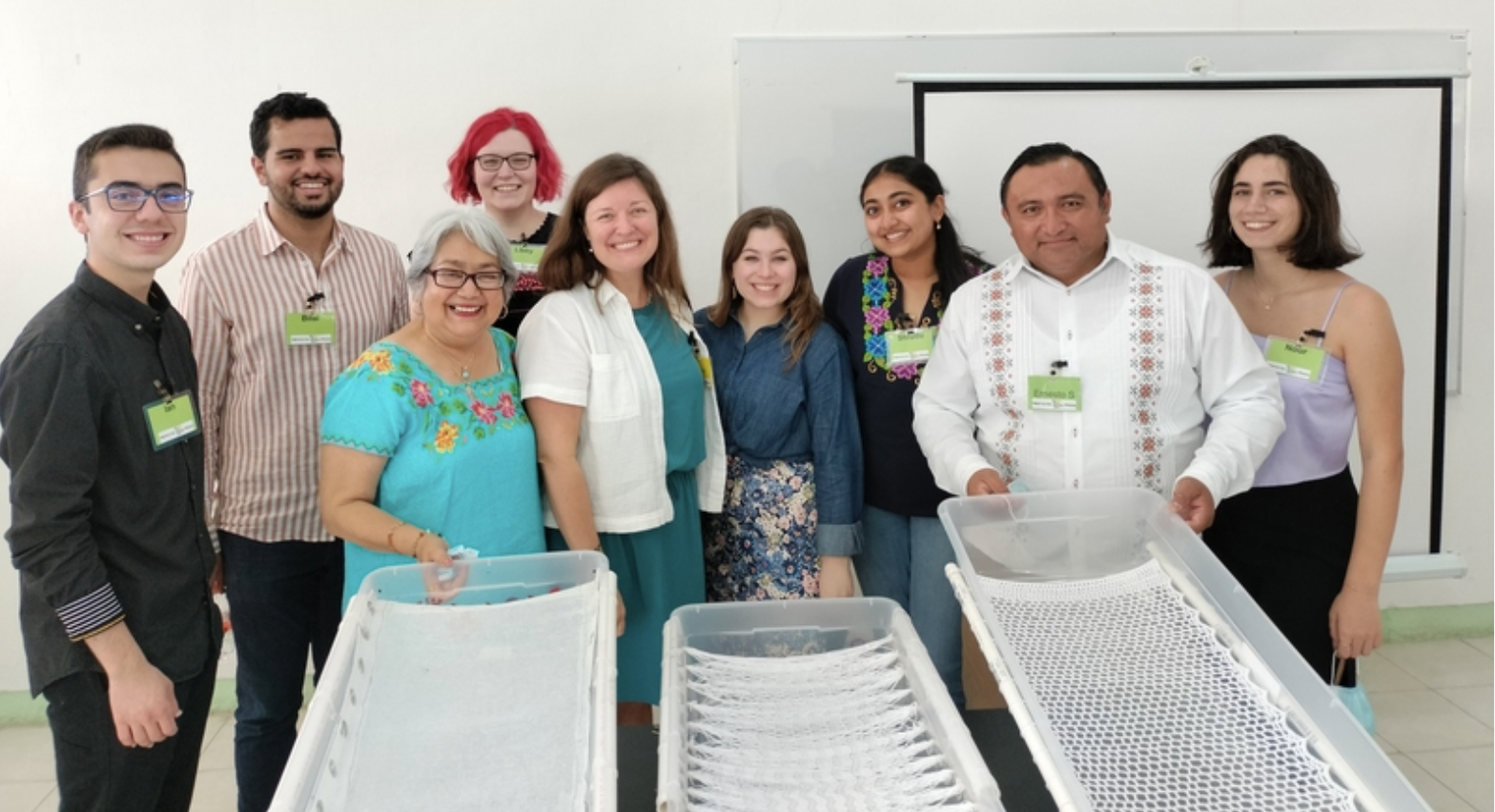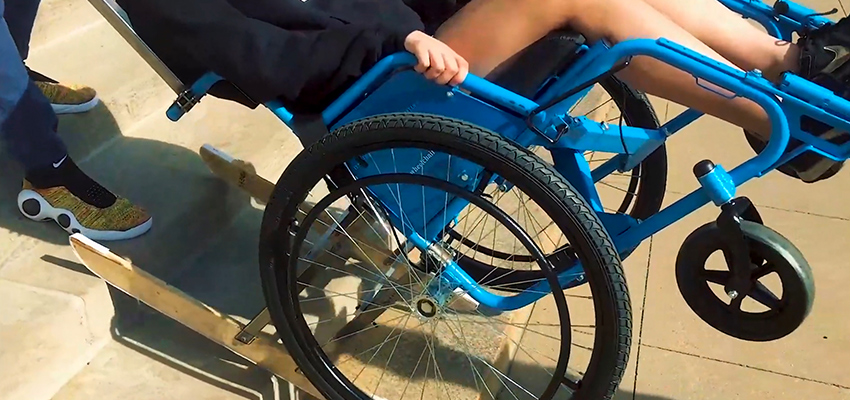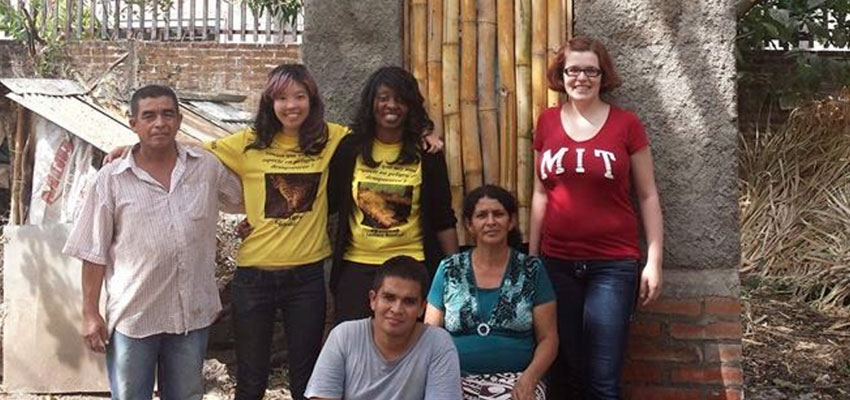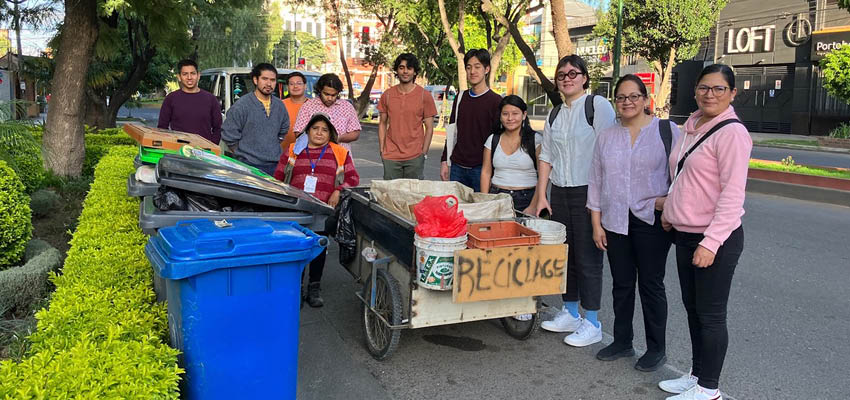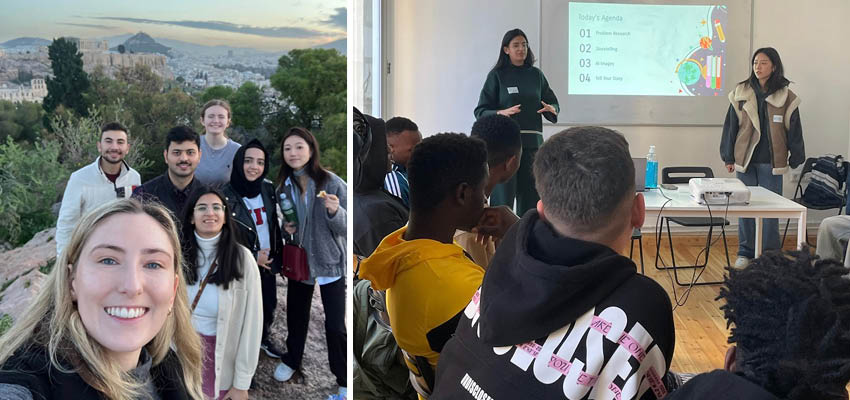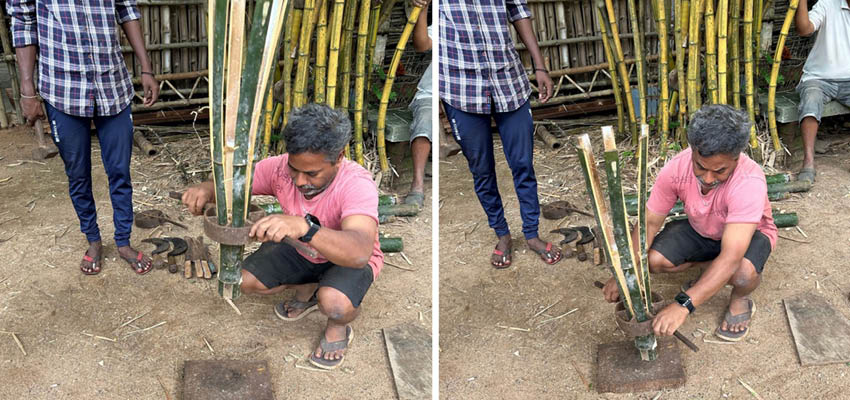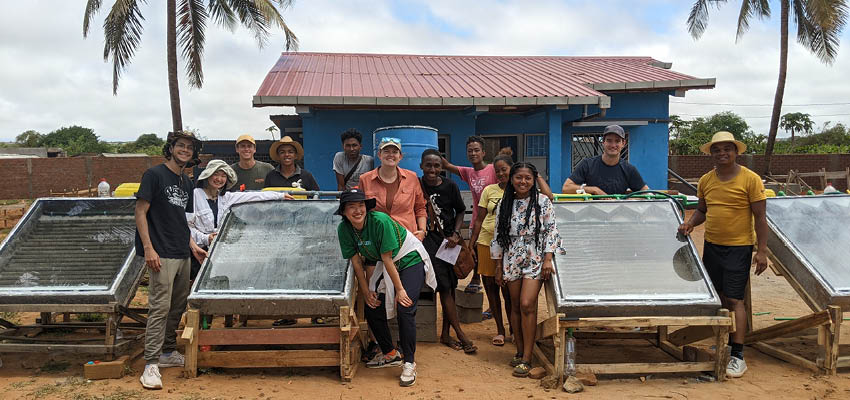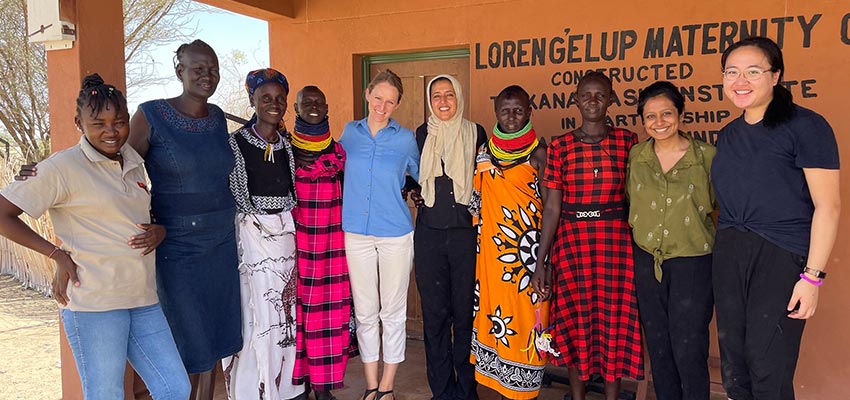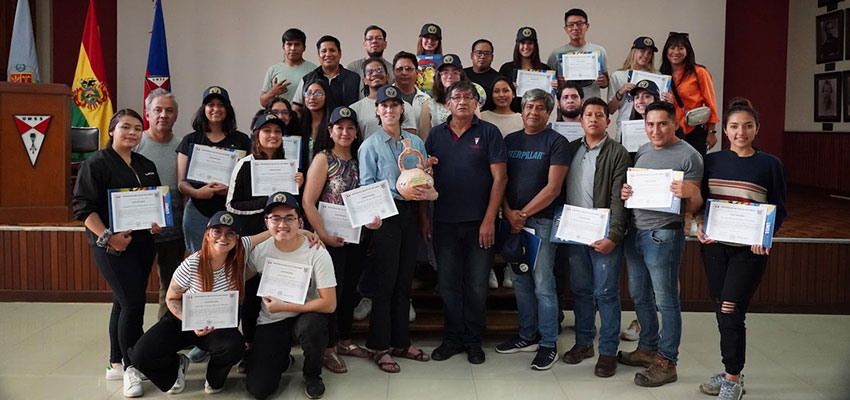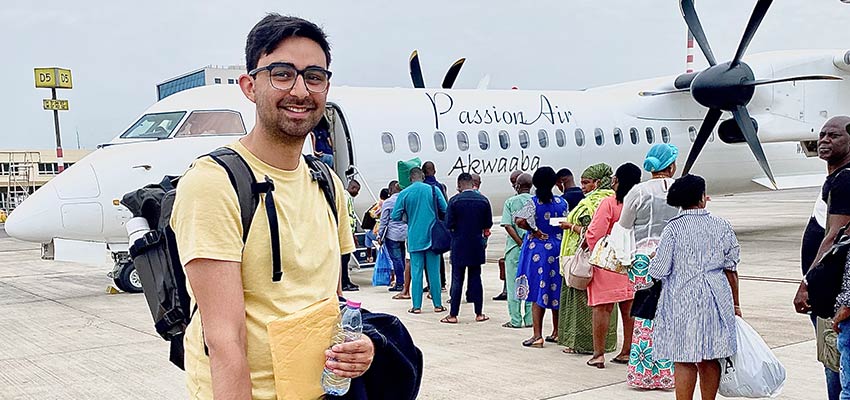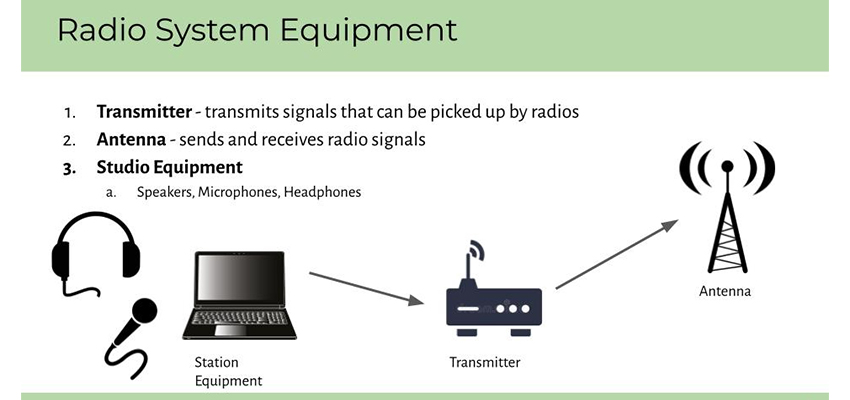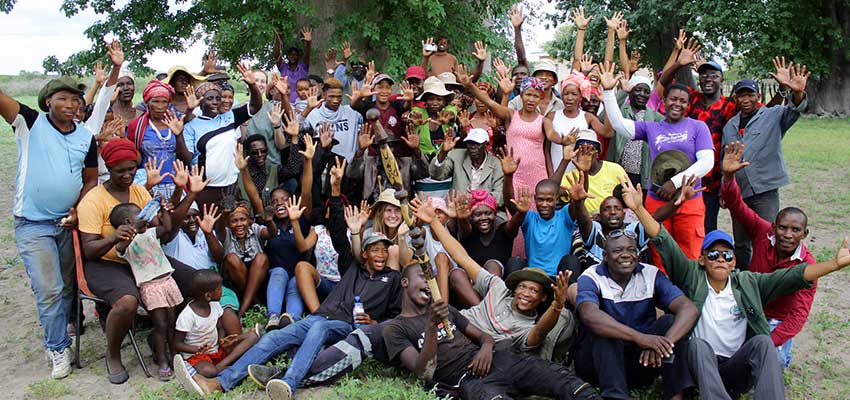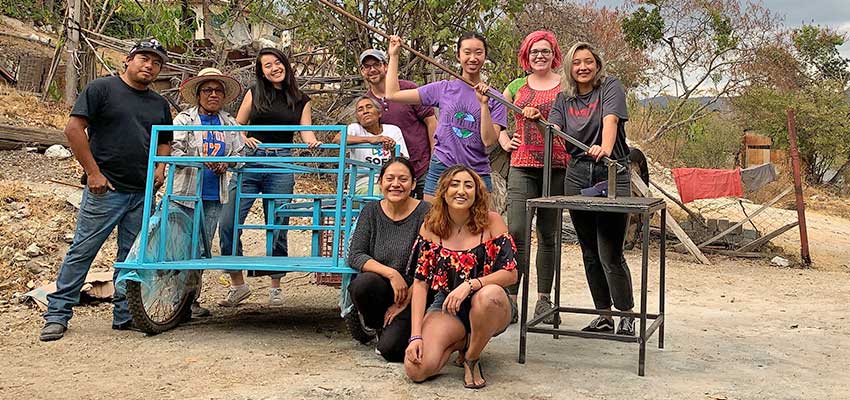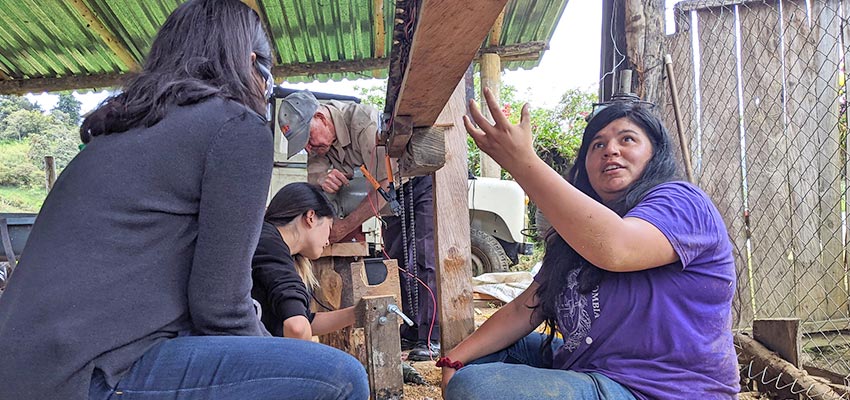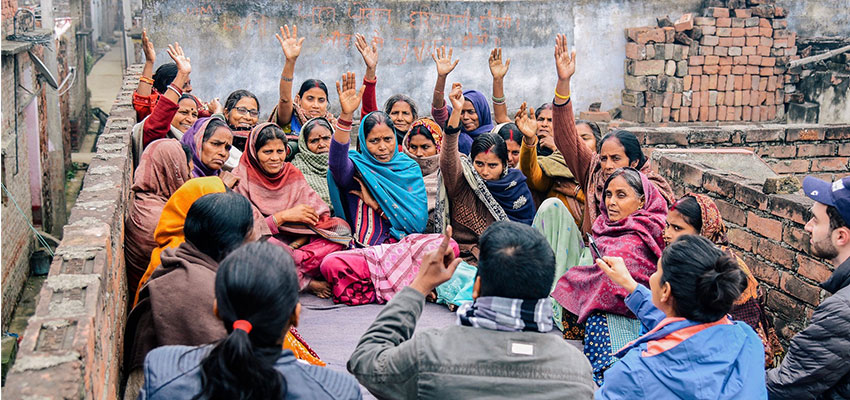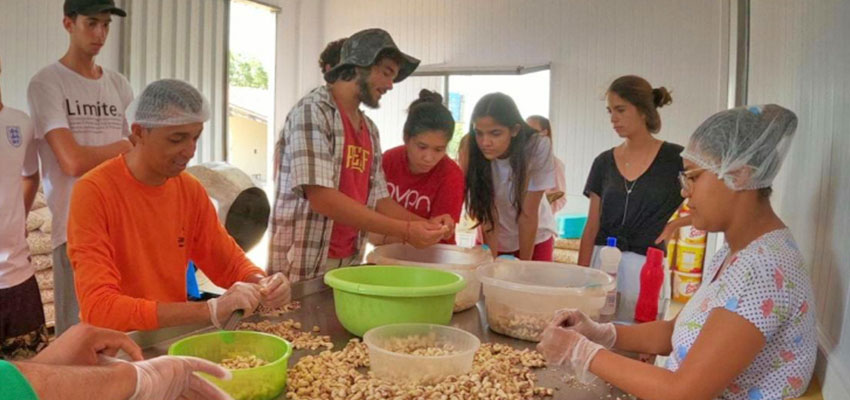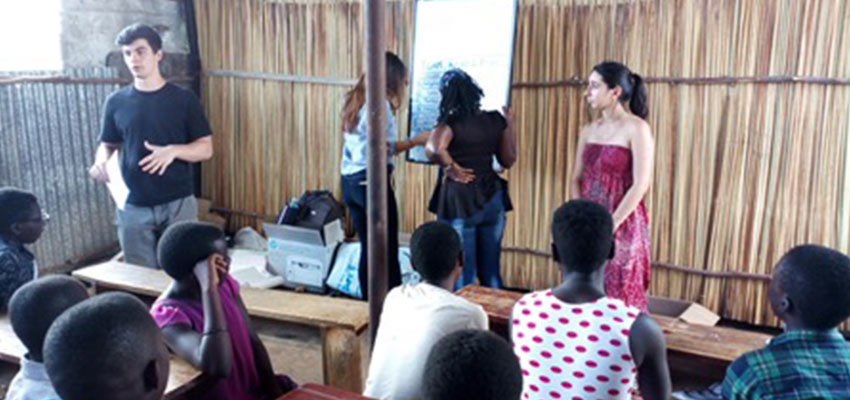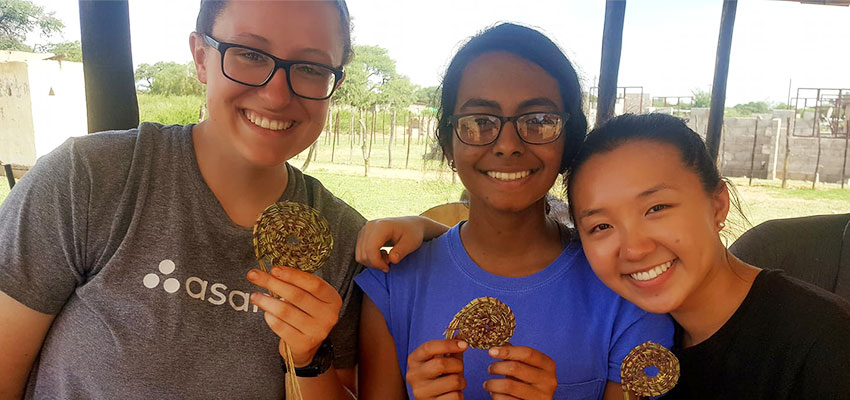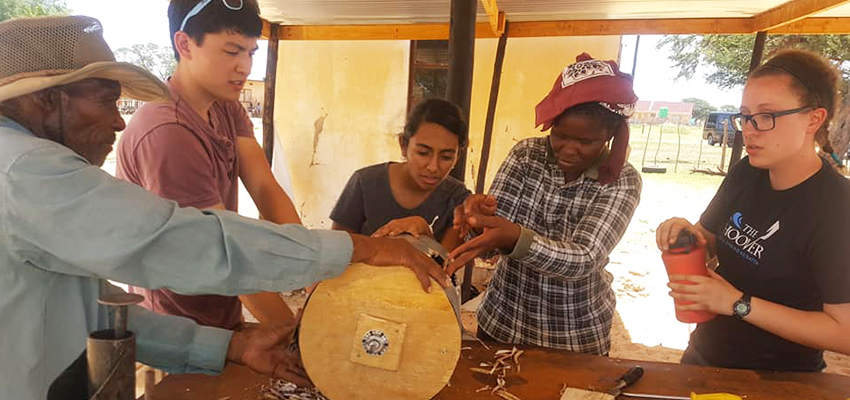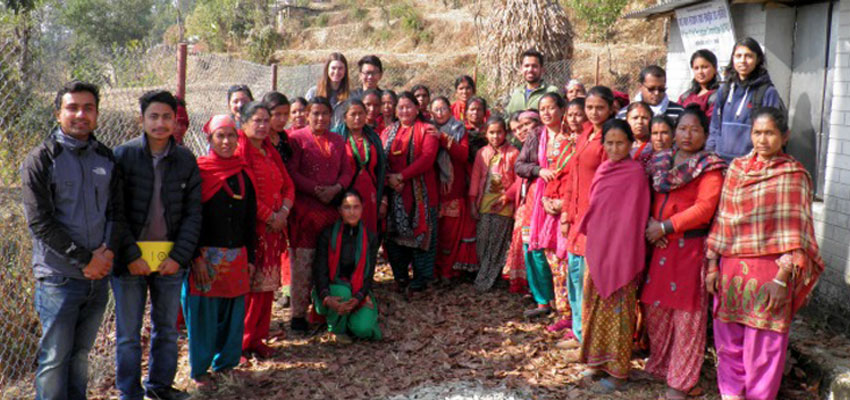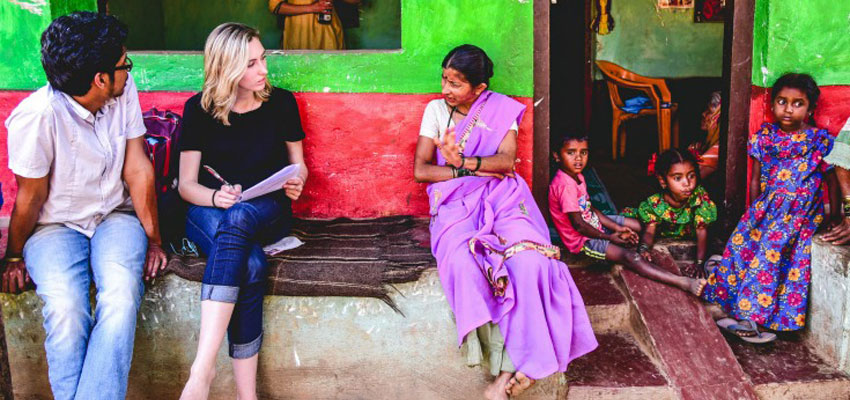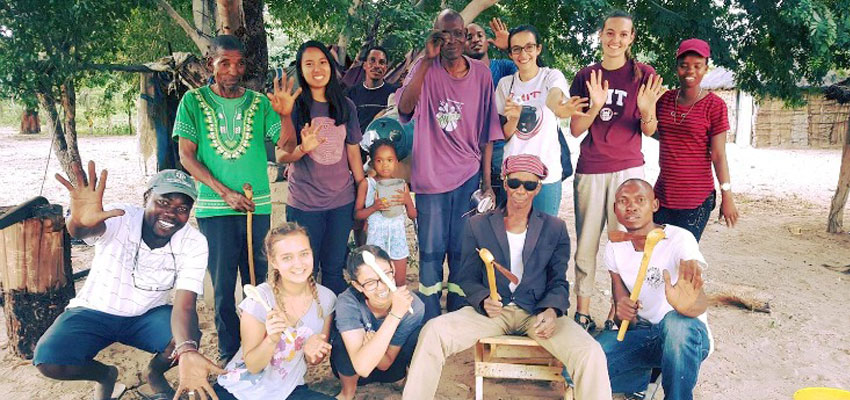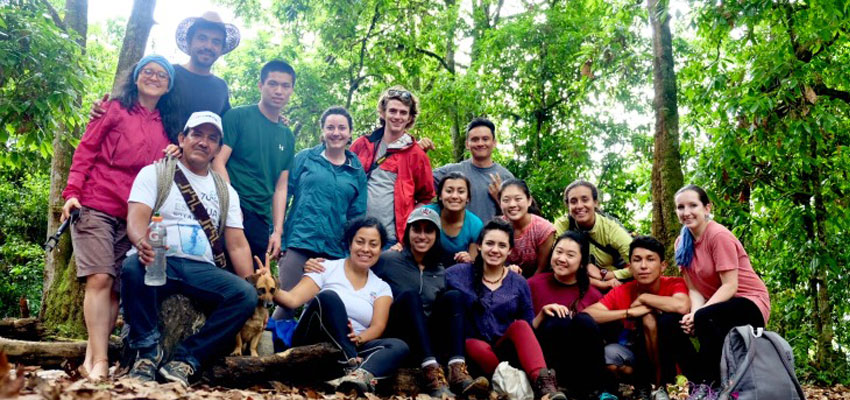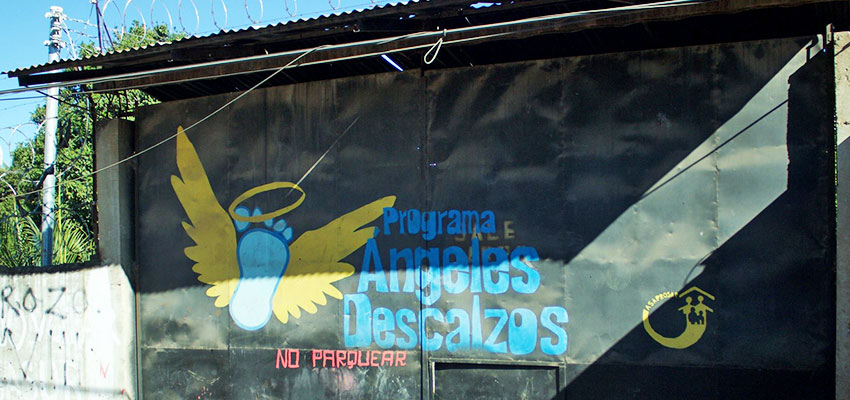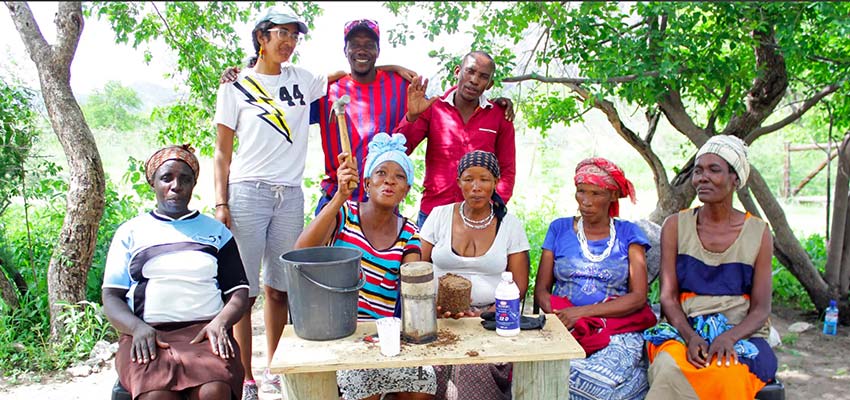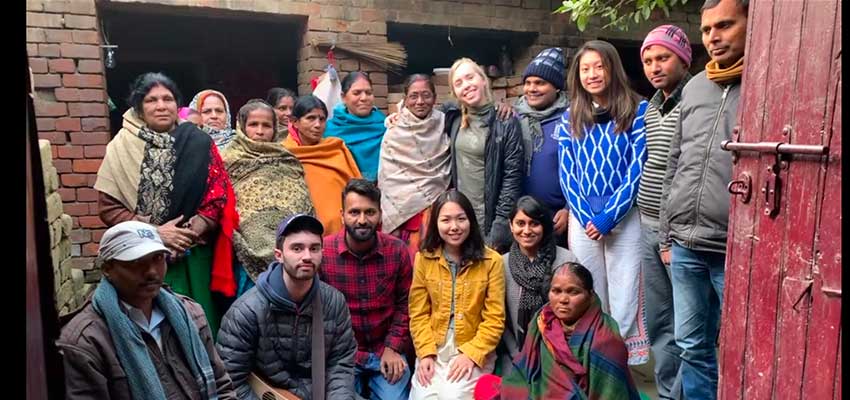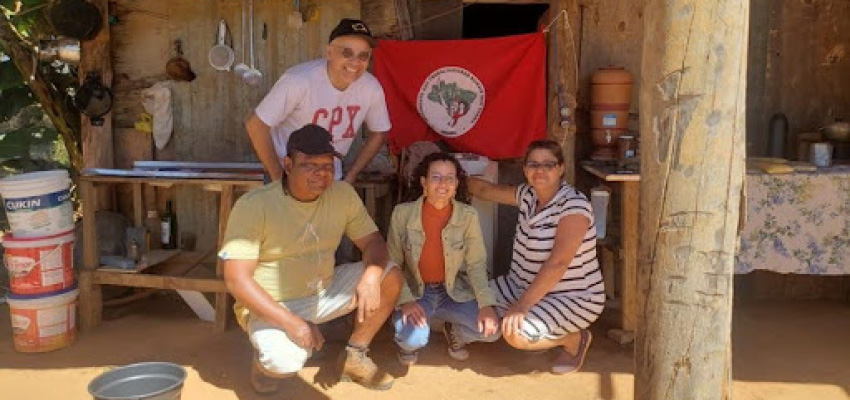
Developing a mobile application to support local beekeepers in Brazil in the production and certification of organic honey.
MIT D-Lab Class
Student team
MIT students unless otherwise noted.
- Holly Hodge, 2024, Masters of Urban Planning, Harvard GSD. Holly Hodge is from Austin, Texas and her work is focused on housing and urban analytics.
- Ponpat (Ann) Sahacharoenwat, MCP’24, Master in City Planning, DUSP. Ponpat is from Bangkok, Thailand, her work is focused on shrinking city issues.
- Adhwaa Alsaleh, 2024, Masters of Public Policy, Harvard Kennedy School of Government. Adhwaa is from Saudi Arabia, she is a former management consultant who focuses on advising governments in the Middle East on socio-economic national reforms
- Michael Zeng, 2026, BS of Electrical Engineering and Computer Science. Michael Zeng is from San Diego, California, and is focused on using robotics and mechatronics to make life better.
- Osa Iglesias, 2026, BA in Economics, Wellesley College. Osa is from Greenport, New York, and is focused on behavioral and developmental economic issues in the Caribbean
- MinJi Kim, 2024, Master in City Planning, DUSP. Minji is from South Korea, and focuses her work on demographic shifts, particularly in shrinking and aging communities.
Community partners
- University of Brasilia - Sanderson Barbalho
- Settlements - Canaã Settlement, Oziel Alves Settlement, and Chapadinha Settlement
Project location
Brazil
Problem or opportunity driving the project
Beekeepers in Brazil face many challenges; among them, producing high quality honey, preventing bee deaths, and, critically, certifying their honey as organic with the Brazilian government in order to sell it internationally and maintain their businesses.
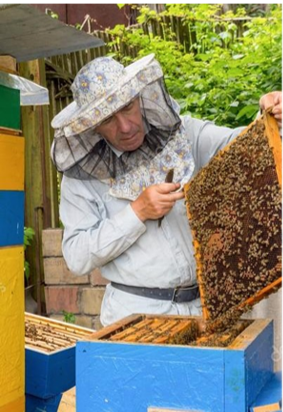
Cultural context
The Cerrado region of Brazil is the world’s most biodiverse savanna, covering nearly a quarter of the Brazilian land mass and acting as a critical watershed for the rest of the country. However, due to a history of unequal development in Brazil and environmental exploitation from the monoculture practices of large-scale agricultural operations, local farmers of the region have been left vulnerable.
Theory of change
The theory of change for this project is that if beekeepers in rural areas around Brazilia can easily get their honey certified organic, then they can increase their company’s profits and personal income. The hurdle that this project is trying to overcome is obtaining organic certification, which is hard for beekeepers to get. This app will make it easier for farmers to have proof of organic vegetation, which is needed for organic certification.
Proposed solution, including technical details
The proposed solution developed by the University of Brasilia is a mobile application that acts as a platform/center for information for beekeepers. On the mobile application, they can get information about the fitness of their land for beekeeping, what type of honey is likely to be produced, and network with other beekeepers. Additionally, this information can be used when attempting to get certification from the Brazilian government for organic honey.
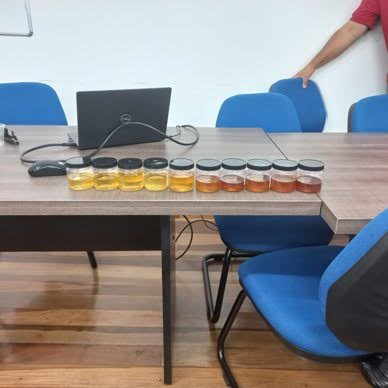
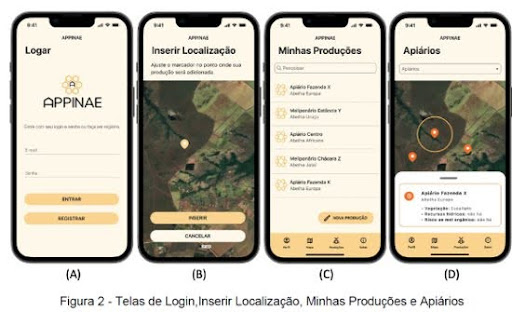
Next steps
The project’s current development goals can be split into two main categories:
- Technical Development: Combining our expertise in computer science, we are developing the mobile application and technology, which includes using drones to take aerial photos of Brazilian beekeeping land, using Machine Learning to process and determine fitness of areas for beekeeping, and programming the app that beekeepers will be able to use to get useful information and network with others.
- Promotion and Adoption: In parallel with technical development, we’re building a value chain and economic model to better define the path to maximum impact in the community. We are also working to both strengthen existing connections between the team at University of Brasilia with local beekeepers and the government, and also build new connections, so that we can receive technical feedback and begin to deploy the technology.
Any of these could be substituted for a video or other form of media
Contact
Libby Hsu, Lecturer; MIT D-Lab Associate Director of Academics


